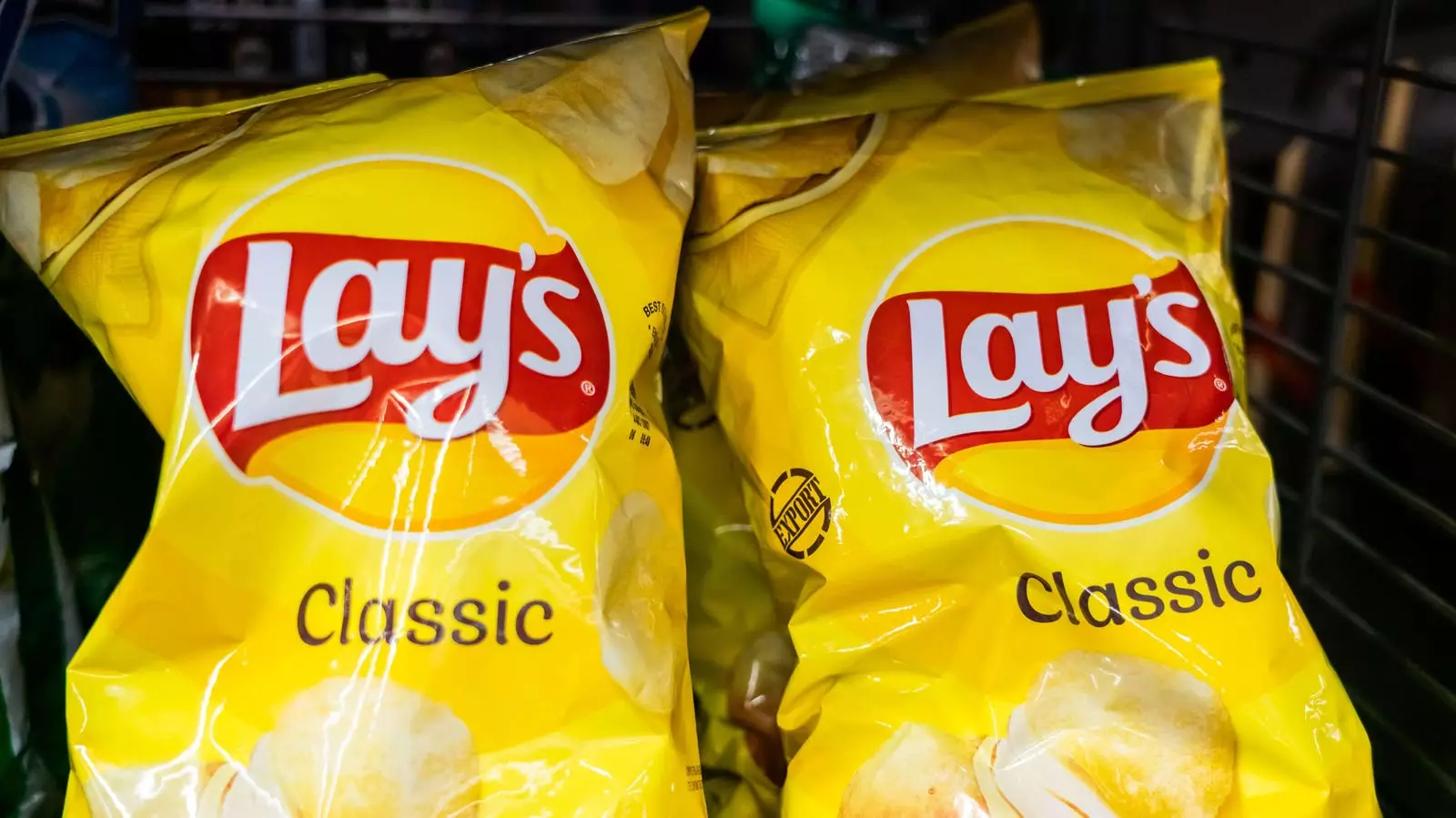In recent months, a significant food recall has captured the attention of consumers and health advocates alike: Lay’s Classic Potato Chips were found to contain undeclared milk, highlighting a growing concern about food safety in the snack industry. This recall, which began on December 13, 2024, when Frito-Lay announced the potential risk associated with over 6,000 bags of its popular chips in Oregon and Washington, escalated to a Class I recall on January 27, 2025. Class I recalls signify the highest level of danger, indicating that consumption of the product could lead to severe and potentially life-threatening reactions.
For individuals with food allergies, particularly those sensitive to milk, the implications of such a recall are profound. While many consumers may perceive a recall merely as a nuisance, for those living with allergies, it serves as a sobering reminder of the hidden dangers that can lurk in seemingly innocuous snacks. This incident raises critical questions about food labeling, production processes, and the trust consumers place in well-known brands.
The ramifications of the Lay’s recall extend beyond the immediate health risks; they ripple through consumer confidence and brand reputation. Lay’s, a household name in snack foods, now faces the daunting task of reassuring its clientele—especially families who meticulously monitor ingredient lists to avoid allergens. The consequences of such an oversight can be severe, with loyal customers questioning their safety and reliability.
Recalls of this nature do more than prompt temporary product withdrawals; they instigate a long-term erosion of trust. For companies like Lay’s, regaining consumer faith requires a sincere commitment to food safety and transparency, especially in an era where every misstep can be magnified through social media and digital platforms. The clinical implications of an FDA Class I recall carry an inherent gravity; they underline the necessity of safe practices within food production facilities.
The diligent response of the FDA underscores the importance of regulatory systems in safeguarding public health. Class I recalls, while alarming, highlight the roles regulatory agencies play in the food supply chain. They are vital in identifying and swiftly addressing issues related to undeclared allergens before they escalate into more extensive health crises. Nevertheless, despite these safety nets, the persistence of undeclared allergens in popular food products raises valid concerns about how these incidents occur in the first place.
Investigations into this issue reveal several underlying factors contributing to these errors, such as cross-contamination between production lines, outdated labeling procedures, and the complexities of mass production. Each of these factors presents unique challenges that food manufacturers must navigate carefully. The need for rigorous training, thorough testing, and effective communication within food processing facilities becomes indispensable in preventing such hazardous oversights.
The Lay’s recall also serves as a crucial moment in understanding the broader societal shift towards consumer demand for transparency in food products. With nearly 33 million Americans grappling with food allergies, the need for meticulous labeling and allergen-free certifications has never been more imperative. As consumers become increasingly aware of potential allergens in their diets, trust hinges heavily on accurate representations of product contents.
Moreover, this shift is creating a rising demand for niche products tailored specifically to sensitive populations. The successful introduction of allergen-free alternatives displays consumers’ desire for accountability from the brands they favor, where they not only expect safe products but also a commitment to quality and transparency.
The Lay’s potato chips recall illustrates a critical intersection between food safety, consumer trust, and brand accountability. For food manufacturers, the stakes are clear: accuracy in labeling is no longer an option; it is a fundamental requirement in maintaining consumer confidence. As the complexities of supply chains continue to evolve, ensuring that product labels precisely reflect their contents will be vital for protecting consumers and restoring trust.
The ongoing dialogue around food safety and labeling practices is not just necessary for companies like Lay’s but essential for the food industry at large. Going forward, brands have a unique opportunity to reinforce their commitment to transparency and safety, cultivating a conscientious consumer base that places a premium on safe, reliable options. In doing so, they can fortify their reputations while contributing to a food industry that prioritizes the health and well-being of all individuals.


Leave a Reply